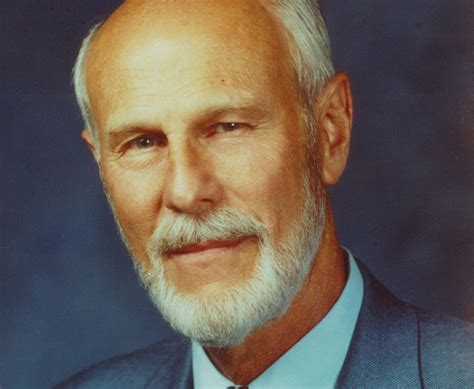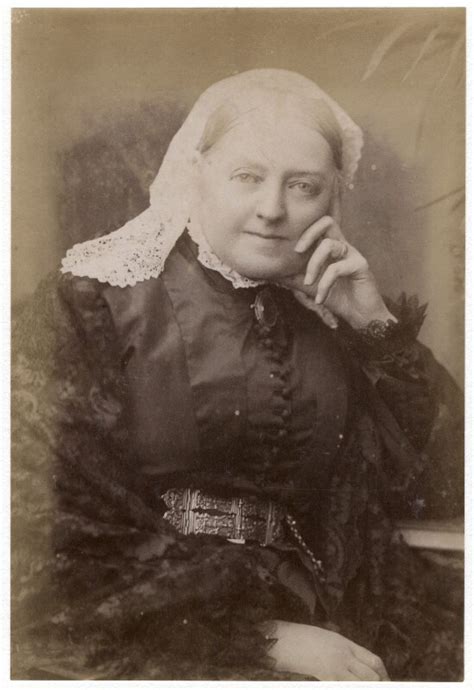A Quote by Frederick William Robertson
Do you want to learn holiness with terrible struggles and sore affliction and the plague of much remaining evil? Then wait before you turn to God.
Related Quotes
When a man's eyes are sore his friends do not let him finger them, however much he wishes to, nor do they themselves touch the inflammation: But a man sunk in grief suffers every chance comer to stir and augment his affliction like a running sore; and by reason of the fingering and consequent irritation it hardens into a serious and intractable evil.
Holiness is the strength of the soul. It comes by faith and through obedience to God's laws and ordinances. God then purifies the heart by faith, and the heart becomes purged from that which is profane and unworthy. When holiness is achieved by conforming to God's will, one knows intuitively that which is wrong and that which is right before the Lord. Holiness speaks when there is silence, encouraging that which is good or reproving that which is wrong.
It [the Civil War] was a heroic struggle; and, as is inevitable with all such struggles, it had also a dark and terrible side. Very much was done of good, and much also of evil; and, as was inevitable in such a period of revolution, often the same man did both good and evil. For our great good fortune as a nation, we, the people of the United States as a whole, can now afford to forget the evil, or, at least, to remember it without bitterness, and to fix our eyes with pride only on the good that was accomplished.
Wrath, unlike love, is not one of the intrinsic perfections of God. Rather, it is a function of God's holiness against sin. Where there is no sin, there is no wrath-but there will always be love in God. Where God in His holiness confronts His image-bearers in their rebellion, there must be wrath, or God is not the jealous God He claims to be, and His holiness is impugned. The price of diluting God's wrath is diminishing God's holiness.
We desperately need to understand something of the magnitude of sin, of evil, and of gross wickedness in this world if we are to appreciate our redemption. God's love, grace, and mercy shine all the brighter against the awful reality of evil. Indeed, the very existence of evil is a powerful proof of God's existence and holiness.
When you are converted, you want to do what you didn't want to do before, and you don't want to do what you wanted to do before. There's a change in the heart; there's a cleaning up, a change in orientation, and holiness becomes attractive, instead of something you have to put up with to figure out what you can get away with. As long as young people are asking, 'Can I get away with this?' or 'Can I get away with that?' I wonder if they're regenerate. If they're asking, instead, 'How can I grow in holiness?' then I suspect they've begun to understand.
The only way to meet affliction is to pass through it solemnly, slowly, with humility and faith, as the Israelites passed through the sea. Then its very ways of misery will divide, and become to us a wall, on the right side and on the left, until the gulf narrows before our eyes and we land safe on the opposite sore.
We cannot grasp the true meaning of the divine holiness by thinking of someone or something very pure and then raising the concept to the highest degree we are capable of. God's holiness is not simply the best we know infinitely bettered. We know nothing like the divine holiness. It stands apart, unique, unapproachable, incomprehensible and unattainable. The natural man is blind to it. He may fear God's power and admire His wisdom, but His holiness he cannot even imagine.
If prayer stands as the place where God and human beings meet, then I must learn about prayer. Most of my struggles in the Christian life circle around the same two themes: why God doesn't act the way we want God to, and why I don't act the way God wants me to. Prayer is the precise point where those themes converge.



































